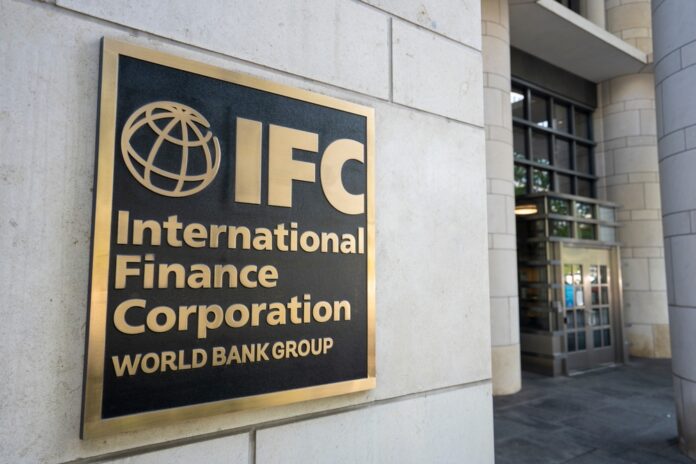The International Finance Corporation (IFC), the World Bank Group’s private sector arm, has reported a record USD12.2 billion in investments across Asia Pacific for the fiscal year ending 30 June 2024. The financing, a substantial 11 percent increase from the previous year, was directed into 123 projects aimed at addressing critical development challenges such as climate change, gender inequality, food insecurity, and financial inclusion, while also creating jobs and improving essential services.
IFC’s investments, which included USD6.2 billion in long-term financing, USD3.3 billion in mobilized funds, and USD2.7 billion in short-term trade finance, reflect its strategic focus on innovative, sustainable solutions that foster economic growth across the region.
A major portion of IFC’s funding, 36 percent, was dedicated to climate-related initiatives, including groundbreaking investments in the first blue bond and local currency sustainability-linked bonds in Vietnam, and corporate power purchase agreements (PPAs) for distributed generation in India. In addition, IFC committed to industrial decarbonization and green infrastructure projects, such as green buildings in India and the Philippines and a green data center in Malaysia.
IFC’s environmental investments also included the first fund to blend public, private, and philanthropic capital to advance clean energy in Southeast Asia—underscoring the institution’s focus on addressing climate change through market-driven solutions.
Fostering gender equality was central to 52 percent of IFC’s long-term financing projects, including key investments in financial products for women-led businesses. Notably, IFC was a cornerstone investor in the IPO of a Thai bank aimed at expanding financial access for smaller women-owned businesses and supported India’s largest private-sector bank to extend microloans to women entrepreneurs.
IFC also provided crucial financing to enhance access to credit for micro, small, and medium-sized enterprises (MSMEs), particularly in emerging markets. Projects such as Mongolia’s first social bond and Nepal’s pioneering gender and climate financing are expected to unlock millions of dollars in loans for underserved businesses.
IFC’s projects are expected to create up to 570,000 direct and indirect jobs, contributing to the region’s economic resilience. This includes investments in low-income, fragile, and conflict-affected countries, with a notable initiative in Bangladesh to improve affordable housing for women and a program in Papua New Guinea to help women enter historically male-dominated sectors.
In Southeast Asia, IFC also advanced digital inclusion through a mezzanine investment in an Indonesian tech firm, ensuring broader access to e-commerce, ride-hailing, and financial services. These efforts reflect IFC’s commitment to bridging the digital divide and ensuring that more people benefit from the region’s rapidly growing digital economy.
Innovative financing solutions were also a hallmark of IFC’s FY24 portfolio. In Bangladesh, the institution provided flexible U.S. dollar-denominated working capital to support pharmaceutical and food-processing sectors facing foreign exchange shortages. IFC’s investments in these industries are helping to strengthen supply chains and expand healthcare access across South Asia, particularly in Sri Lanka and Bangladesh.
“Amid persistent and intertwined global challenges, IFC is resolved to foster innovation and deliver more sustainable private sector solutions across Asia Pacific,” said Riccardo Puliti, IFC’s Regional Vice President for Asia Pacific. “The private sector continues to play a key role in addressing urgent development needs. Our projects this year reinforce IFC’s commitment to scalable solutions that can improve lives and livelihoods across the region.”
In total, IFC’s fiscal year 2024 commitments reflect its broader mission of leveraging private capital to create opportunities in developing countries, with a focus on building resilience, sustainability, and inclusive growth in Asia Pacific.







